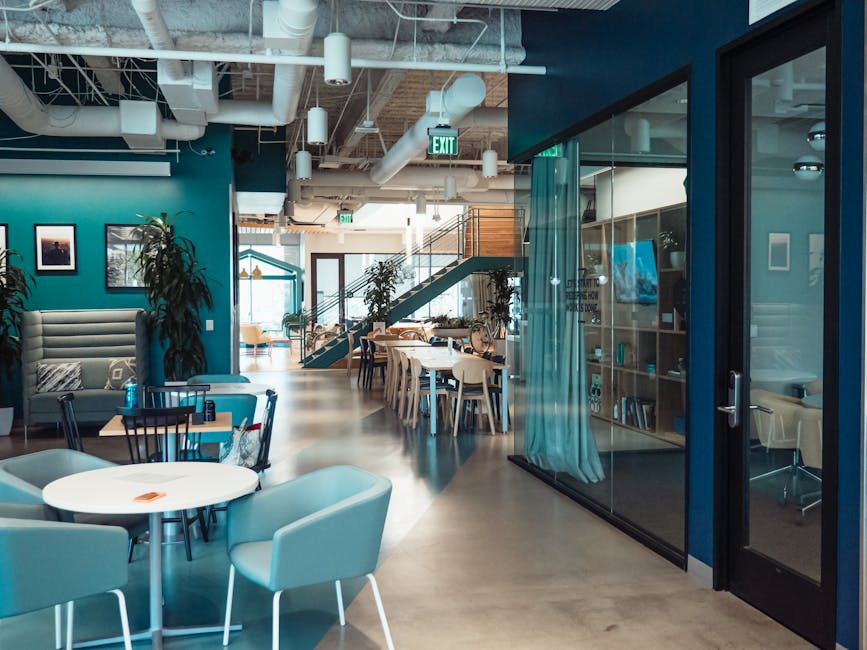Samsung and OpenAI Join Forces for Groundbreaking Innovation
In a bold move that could reshape the future of technology and energy, Samsung has announced a strategic collaboration with OpenAI to develop floating data centers and power plants. This partnership emerges as OpenAI’s CEO, Sam Altman, intensifies efforts to compete with the company’s own partners, signaling a significant shift in the AI and tech landscape.
The Vision Behind Floating Data Centers
Floating data centers, often referred to as “data barges,” are designed to house large-scale computing infrastructure on water bodies. While the concept isn’t new, the integration of OpenAI’s advanced AI algorithms with Samsung’s engineering expertise could elevate it to unprecedented levels.
These facilities offer several advantages, including reduced land usage, natural cooling from water, and the potential for renewable energy integration. Samsung’s hardware prowess, combined with OpenAI’s AI-driven optimization, could result in highly efficient and sustainable data centers. This innovation aims to meet the growing demand for cloud computing and AI processing while minimizing environmental impact.
Revolutionizing Energy with Floating Power Plants
The collaboration also extends to floating power plants, which could transform energy production. These plants would harness renewable energy sources like solar, wind, and wave energy, offering a sustainable alternative to traditional power generation.
OpenAI’s AI models are expected to optimize energy output, predict maintenance needs, and ensure seamless integration with existing power grids. This initiative aligns with global efforts to combat climate change and transition to cleaner energy solutions, positioning Samsung and OpenAI as leaders in the green energy revolution.
Sam Altman’s Competitive Strategy
The partnership with Samsung comes amid reports that Sam Altman is aggressively positioning OpenAI as a dominant force in the AI and tech industries, even if it means competing with the company’s existing partners. OpenAI already collaborates with tech giants like Microsoft, but this venture with Samsung highlights a broader strategy to diversify alliances and expand influence.
Altman’s approach underscores the competitive nature of the AI industry, where innovation and partnerships are critical for staying ahead. By teaming up with Samsung, OpenAI gains access to cutting-edge hardware capabilities and strengthens its position in developing sustainable and scalable AI infrastructure.
Implications for the Tech Industry
The Samsung–OpenAI collaboration could set a new standard for addressing the dual challenges of increasing computational demands and environmental sustainability. Floating data centers and power plants may become a model for future innovation, with AI driving advancements across industries like energy and telecommunications.
However, this move also raises questions about the dynamics between OpenAI and its existing partners. As Altman pushes the boundaries of competition, it remains to be seen how other collaborators will respond to this bold direction.
A Transformative Future
The Samsung–OpenAI partnership represents a significant step toward a future where technology and sustainability converge. Floating data centers and power plants could become symbols of innovation, tackling some of the most pressing challenges of our time.
As Sam Altman continues to steer OpenAI toward new frontiers, this collaboration with Samsung could mark the beginning of a transformative era in the tech and energy sectors. The world watches closely as two industry giants join forces to reshape how we think about data, energy, and the environment.




